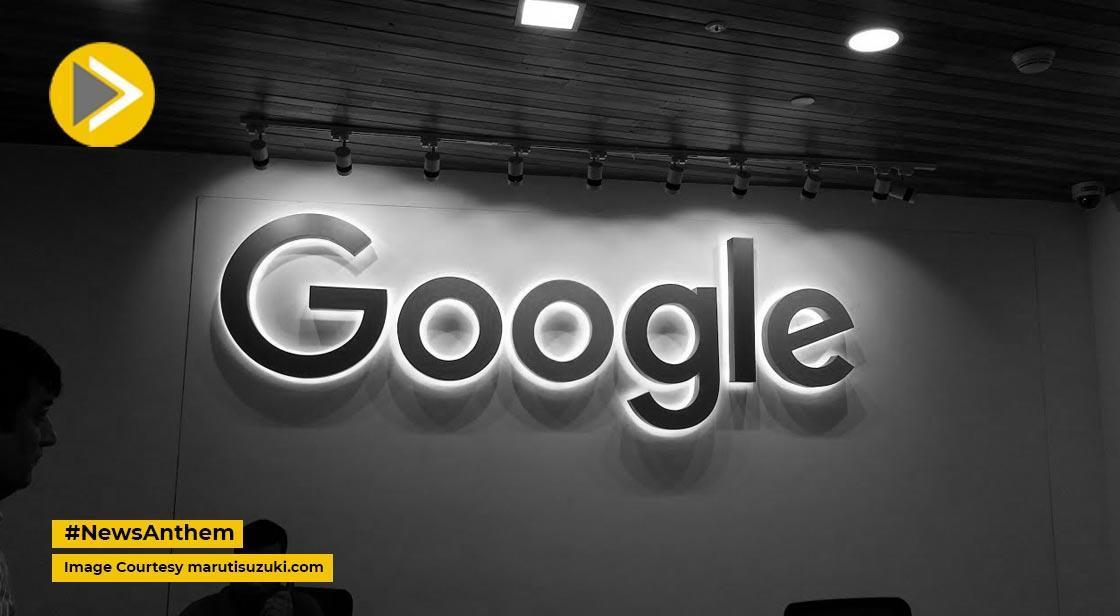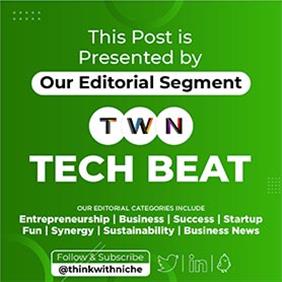Google DeepMind CEO Warns: AI Will Disrupt Jobs in 5 Years, Urges Gen Alpha to Adapt Early

News Synopsis
Demis Hassabis, CEO of Google DeepMind — the powerhouse behind groundbreaking AI tools like the Gemini chatbot — has issued a direct call to young minds: embrace AI now or fall behind.
At the recent Google I/O developer conference, Hassabis revealed that DeepMind could be less than 10 years away from developing Artificial General Intelligence (AGI) — an advanced form of AI capable of human-level reasoning and adaptability.
"Just as the internet shaped millennials and smartphones defined Gen Z, generative AI is the hallmark of Gen Alpha," said Demis Hassabis, CEO of Google DeepMind.
“Hard Fork” Podcast: Why Teens Must Dive into AI Now
On the tech podcast "Hard Fork," Hassabis emphasized the urgency for teenagers to immerse themselves in the world of AI.
"Over the next 5 to 10 years, I think we're going to find what normally happens with big new technology shifts, which is that some jobs get disrupted. But new, more valuable, usually more interesting jobs get created."
He encouraged today’s students to adopt a hands-on approach to learning, becoming proficient in using and understanding AI tools early on.
"Whatever happens with these AI tools, you'll be better off understanding how they work, and how they function, and what you can do with them," he said.
"Immerse yourself now. Learning to learn is key."
From AI Fluency to Meta Skills — What the Next Generation Needs
While Hassabis strongly advocates for STEM education — especially coding — he also stresses that technical prowess alone won’t cut it in a rapidly changing job landscape.
"These are the capabilities that will help the next generation thrive," he explained.
"Getting good at the basics of STEM is still crucial, but equally important is developing the mindset to navigate constant change."
He also highlighted the value of "meta skills" like adaptability, creativity, and resilience, which are likely to stay relevant even as specific hard skills become automated.
The Advice to Students: Learn How to Learn
In another recent statement, Hassabis expanded on the idea of long-term adaptability in an AI-powered future.
“It’s important to use the time you have as an undergraduate to understand yourself better and learn how to learn.”
This advice mirrors rising concern about how quickly even specialized skills can become obsolete. As machines outperform humans in efficiency, Hassabis suggests focusing on cognitive agility.
“This capability is more durable and valuable than specific hard skills, which may quickly become outdated in the face of technological advancement.”
Experiment, Explore, Evolve
Hassabis recommends students not rely solely on structured education but take initiative to stay current.
“Learn the basics through your formal education, but experiment in your spare time so you’re up to date when you graduate.”
This hands-on exploration helps students stay ahead of AI trends, adapt quickly, and discover areas where they can innovate.
Conclusion: AI is Now — Not Just the Future
AI is Now — Not Just the Future
Since the launch of ChatGPT by OpenAI in 2022, the artificial intelligence landscape has undergone a dramatic transformation. AI is no longer a distant promise — it is actively reshaping industries, workflows, and the global job market in real time. From automating routine tasks to generating content and analyzing massive datasets, AI is increasingly embedded in everyday life.
Google DeepMind CEO Demis Hassabis emphasizes that the future workforce — especially Gen Alpha — must be prepared not just to use AI, but to innovate with it. As the race toward Artificial General Intelligence (AGI) accelerates, the urgency to equip the next generation with both technical skills and adaptive mindsets has never been greater.
"AI is not just the future — it's the present," says Hassabis.
This statement underscores a critical truth: those who understand and embrace AI today will be the ones shaping the world of tomorrow.
For Gen Alpha, those who begin learning now will have a distinct advantage in tomorrow's AI-dominated workforce.
You May Like









